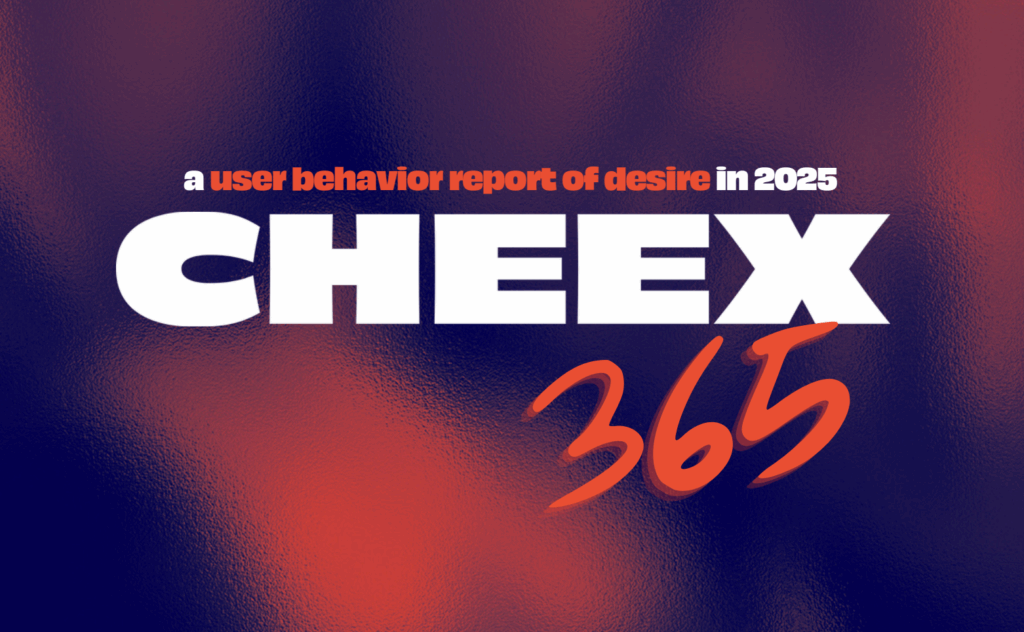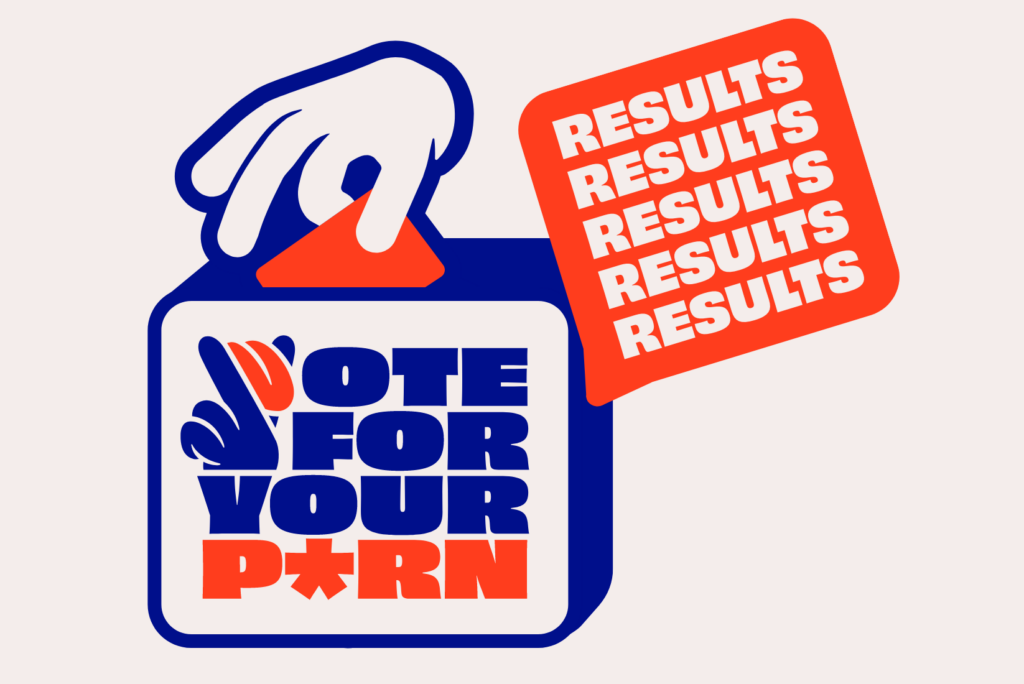Everything we do doesn’t go unnoticed: the kind of words we use individually, the way we place them in a sentence, the images that those sentences describe; our list of followers and the people we follow, how we interact; the links in our biographies and where they lead. We are being monitored by the algorithms, and the algorithms dictate the parameters for censorship.
Before we can start opposing censorship, we need to understand how it works and who’s enforcing it.
The big tech companies don’t care about the content hosted on their platforms so long as the money keeps coming, and because the technology behind it evolves quicker than the legislations that could regulate them properly, the entire concept is difficult to pin down.


Let’s keep climbing, stay with me.
The people that pour money into a company like Facebook are the ones who have the final word, and any list of rules is made to keep those guys happy. I want you to listen to the last American presidential debate and observe those two old white men very carefully; I want you to imagine what kind of conversations you’d have with them in regard to sex workers’ rights, the LGBTQ+ community, art, you name it. How would that go? I hope you get the point. These are the kind of people investing into the social platforms we use to stay in touch with our community and to promote our work.
The less you know about something, the more difficult it is to regulate and control, and
and that’s the reason it’s much easier to put everything in the same category and apply the same rules to everything. It doesn’t matter if you’re an artist or a sex worker, or if you’re lucky enough to be both, we’re all in the same boat and platforms like Instagram (aka Facebook) don’t make a distinction simply because there is no interest. Why pay extra human moderators to make that distinction when it’s easier and more sustainable, at least in the long run, to program an algorithm to wipe out all nudity or any sort of suggestive content?


© Neen Sever
Personally, I am glad that the distinction between sex worker and artist has began to break down, because I don’t think an artist has more rights than a sex content creator to promote their work, and this way we really have a chance to understand that we can defeat this force by sticking together.
It is unfair but we are not the same and the sooner we accept the reality of the situation, the easier it will become to stay afloat. If you ever wonder why a pop star’s asshole gets its own hashtag while you are trying to rebuild your fifth profile on Instagram and you keep getting your content removed no matter what you post, the answer is: millions of dollars.
No matter what we say or do, sex workers are not welcome on platforms like Facebook and Instagram (please note it’s the same company and they also own WhatsApp).
Not only do we fall under the category of ‘taboo’ in the eyes of the patriarchy, which constitutes the main income for Instagram, we are also in control of our own income, our own bodies, our own lives. We spread awareness and sex positivity, we plant the seed of freedom into the minds of young people. We tell women that they don’t need men’s approval to feel confident, to do what they want to do, to be who they want to be. We vote, we keep ourselves informed. We have to be astute and good at business in order to survive, because we’ve been doing this for so long. We’ve been fighting for our basic human rights for years, and we are a dangerous community to have around if your goal is to control the masses and keep your citizens ignorant. It is very convenient to keep us silent.


It seemed to me a bit too timely to come up with laws like SESTA/FOSTA (Stop Enabling Sex Traffickers Act / Fight Online Sex Trafficking Act) when the online sex work community was thriving at its safest. These laws were designed by the American government to prevent the websites from facilitating sex trafficking, making the websites responsible for all third parties’ activities, legal or illegal.
The vague wording of the laws leaves room for interpretation, reason many online platforms decided not to take the risk altogether and ban all adult content, suggestive images, erotic art, sexualised and non sexualised nudity. SESTA/FOSTA don’t make a neat distinction between what is illegal (aka sex trafficking) and what is legal or decriminalised, so it’s safer for a website to keep out everything slightly suggestive.


© Neen Sever
I myself was banned from Patreon and Tumblr at the time, and I didn’t even share sexual content yet. Sex workers and artists were locked out of their accounts and deprived of their legitimately earned money.
(aka check their documents and references from other sex workers). For those who stayed online, the websites that were still happy to host them, took a high percentage off their earnings because of the high risk. The whole world was affected by it because the majority of the websites we use belong to American companies, and it’s quite difficult to define the boundaries of the online world. SESTA/FOSTA were signed into laws by Donald Trump.
This way the government removed its only tool to trail the sex traffickers. These legislations made sex work unsafe by moving us into the streets, they marginalised even more the communities that were already struggling, and by proxy they tightened the censorship in places that shouldn’t have been affected at all; they gave access to bigot investors that could use these laws to their advantage, and I think that’s the key: money.
and somehow I feel privileged because my main problem is the inability to promote my sex films via Instagram.


© Neen Sever
I know I can’t compare such experiences but it helps to put things in perspective and keep my head down in order to come up with quick and efficient solutions. I don’t post provocative images, in my photos I am always dressed; I don’t use ambiguous emojis, I censor words like f*ck, I keep myself updated on the shadowbanned hashtags and I redirect everyone to my personal newsletter, Twitter and other platforms that make it possible to advertise what I really do. I keep it underground because out here no one cares, the algorithms do the cleaning work and the human moderators take months to review the content that has been automatically deleted.
The rules are not clear, but they are there. We are not in control, but we are not powerless. It is all just very frustrating, emotionally draining and, at times, scary. I remember when my IG account was deleted a year ago, and how desperate and helpless I felt;
It took me a few days to gather some strength and focus on the right things, and I realised that who I needed was still there and everything I achieved was because I kept creating, not because I had a showcase on Instagram. These companies want you to believe that they are essential to your life and business but unless you’re an influencer it is rarely the case.


© Neen Sever
I eventually got my account back and it has never felt like a safe and free space to be since then; if it’s not a tool I can rely on, it is not the right tool for me. I kept the profile and deleted everything that could have been triggering for the algorithms and now I use it a little bit like a business card. I thought it would have made it hard to find the companies and people to work with, but actually the people I want to work with are going through my same struggles, so we have our work conversations elsewhere anyway.
I don’t trust Facebook regardless, and I stay away from it as much as possible.
Perhaps the trick is not to change these social media companies but to take the power away by keeping a foot inside, and at the same time by not relying on their platforms so much.
What if we played by the rules to keep up the illusion but started building our own safe spaces?
We should take our time to stay informed, talk about what bothers us; we shouldn’t gather only with people that agree with us, we need meaningful debates without fear to engage with those who are different.
Sometimes it feels like it’s going against us, but maybe we just need to see things from a different perspective. There is a reason for people in power and politicians to be so oppressive, and as a dear human I know once said, the animal fights at its most aggressive when it’s the most frightened.
Neen Sever is a non-binary sex worker, performer and erotic artist, strolling between London and Berlin. If you would like to check out their films, head over to WATCH and check out Intense Pleasure or No Space Between Us.
Nina Sever holds the copyright of the cover photo.
About #uncensoredme


We’d like to invite our community to share cases of biased & unfair censorship on social media. The existing guidelines are intransparent and oftentimes discriminate against certain groups of people. The vague and random enforcement of these rules pushes many contents into spaces that are anything but safe.
By participating in this campaign, you become part of a movement towards a destigmatized way of dealing with nudity & sexuality.
Use #uncensoredme to participate or to learn more about the campaign.








